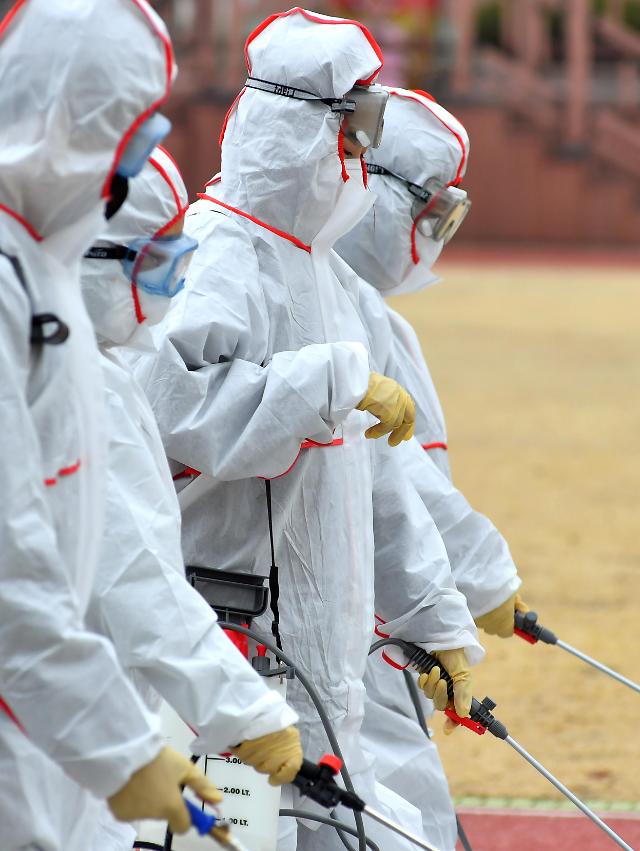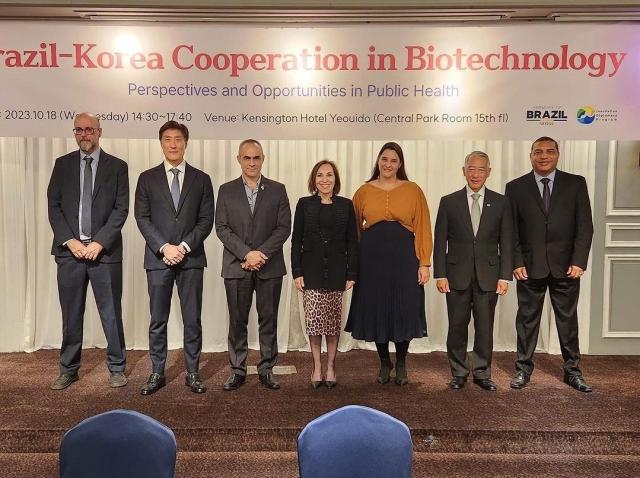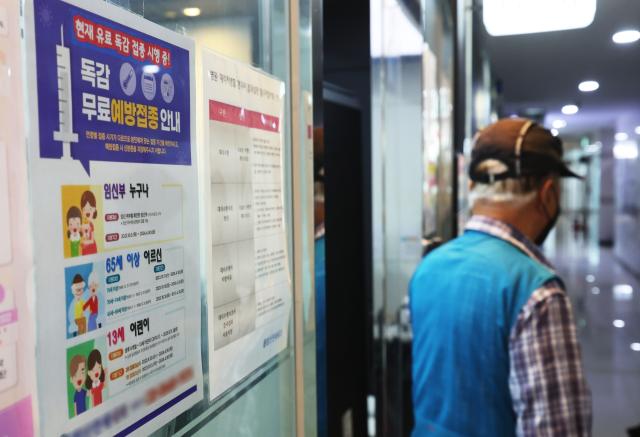
[Yonhap Photo]
The COVID-19 pandemic has opened a huge market for vaccines, diagnostic kits and medication. South Korea has launched a research consortium involving Genexine, GenNBio, Binex, the state-run Korea Advanced Institute of Science & Technology (KAIST), Pohang University of Science and Technology (POSTECH) and the International Vaccine Institute (IVI).
The consortium started the first testing of a vaccine candidate on primates in March to check the safety of GX-19, a DNA vaccine material for COVID-19. Primates including monkeys and chimpanzees are used for vaccine tests because of their genetic similarity to humans.
Genexine, a clinical-stage biotechnology company, said Wednesday that the consortium would submit a clinical trial plan to the Ministry of Food and Drug Safety within this month because it confirmed the generation of antibodies that can neutralize the coronavirus. Health officials have already promised to expedite the screening of vaccine candidates.
"If we win quick approval from the relevant ministry, we will be able to start clinical trials in June," said Genexine CEO Sung Young-chul. Unlike conventional vaccines that inject weakened viruses into the body, DNA vaccines induce immune responses by injecting genes that can produce viral antigens into the body. It requires less time for research and development.
Dozens of antiviral drugs have been tested worldwide and medical scientists predicted that humanity has a higher chance of developing a COVID-19 antiviral drug using different compositions of conventional antiviral medicines rather than trying to research and develop a totally new drug.
The South Korean government has pledged financial support for the production of therapeutic materials and research on clinical trials. Researchers have been involved in quick experiments to check the efficacy of various anti-viral drugs, including Remdesivir, a broad-spectrum antiviral medication developed by Gilead Sciences to treat Ebola virus disease.
The Korea Centers for Disease Control and Prevention (KCDC) has said it would seek special permission to expedite imports of Remdesivir.
"We have expectations that Remdesivir can be used limitedly for severe patients and reduce the length of hospitalization or the rate of deaths," KCDC Deputy Director Kwon Jun-wook said on May 5.
"Currently, clinical trials are under way, so we should seek expert judgment on validity," he said, adding Remdesivir cannot be administered to all patients in the early stages like Tamiflu used for a swine flu epidemic.




